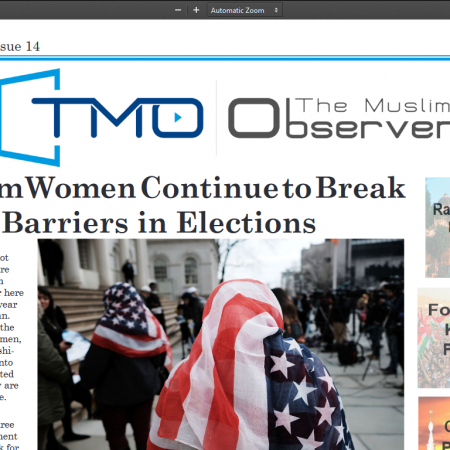Why the US is Facing Enormous Pressure to Intervene in Syria
By Abdulla Tarabishy
 In the past week, the pressure on the US to take action of some sort on the Syrian conflict has escalated dramatically. The use of chemical weapons has repeatedly been established as a red line upon which the US would take action. Yet now that chemical weapons have reportedly been used, the US is uncertain about what actions it can and should take.
In the past week, the pressure on the US to take action of some sort on the Syrian conflict has escalated dramatically. The use of chemical weapons has repeatedly been established as a red line upon which the US would take action. Yet now that chemical weapons have reportedly been used, the US is uncertain about what actions it can and should take.
Red lines are always extremely tough for a president to establish. President Obama has repeatedly resisted pressure from Israel to set a red line for a military strike on Iran’s nuclear program because doing so would leave him no other option if that line were crossed. Politicians prefer to make vague threats and condemnations, which allow them to keep their options open. And so it is clear that when the president set his red line on Syria last year, he did so in the hope that that boundary would never be crossed. The threat had always been to deter Assad’s forces from using chemical weapons, rather than as a course of action for when he did so. But now, the United States is faced with the prospect of backing up that threat, and there are several reasons why the US has little choice but to do so.
The Syrian conflict has continuously been about setting precedents. Part of the motivation that Russia, and China, have in opposing intervention in Syria is preventing the establishment of a precedent for intervening in other nations’ human rights affairs. Both nations fear that they might someday face a rebellion from their own people in which they would need to take actions similar to Assad’s, and they fear the existence of a precedent of international intervention if that day comes.
Similarly, the United States has tried to establish the opposite precedent: that the international community can hold a leader responsible for human rights violations that he perpetrates in his country. Thus, in upholding that goal, it is imperative for the US to take action in response to the use of chemical weapons. Otherwise, the precedent established will be this: a dictator can get away with using chemical weapons as long as he maintains a level of ambiguity, denies what has occurred, and times the use of the weapons to when the international media is occupied with another, more intriguing story, in this case the Egyptian crisis.
The US does not wish to establish that kind of precedent, and so it faces enormous pressure to take action of some kind, not only to send a message to Assad, but to send a message to any other leaders who might someday try the same thing. Related to this is the blow that American credibility would take if the US failed to act on its previous threat. If the Obama Administration allowed Assad to call its bluff, then who is to say that Iran, whom the US has warned against building nuclear weapons, might not try the same thing?
Whether or not one believes that the US should intervene in Syria, the fact is that the US has left itself little choice but to do so. But there are many clues as to what form this intervention will take. The Obama Administration, has, unlike its predecessor, shown a reluctance to take any unilateral action. Any action the US takes will be with either the mandate of the UN Security Council, or, at the very least, the backing of the US’ NATO allies. With the Security Council currently in deadlock, the latter is the most likely option. Once action is taken, the Administration will likely attempt to limit its scope. Polls taken by Gallup earlier in the summer show that 68% of Americans oppose intervention in Syria, and with public opinion so sharply against it, there will be no large-scale intervention.
Whatever actions the international community takes, in the end, all that matters is that they ease the situation that has devastated the Syrian people for so long.
15-36













2013
901 views
views
0
comments